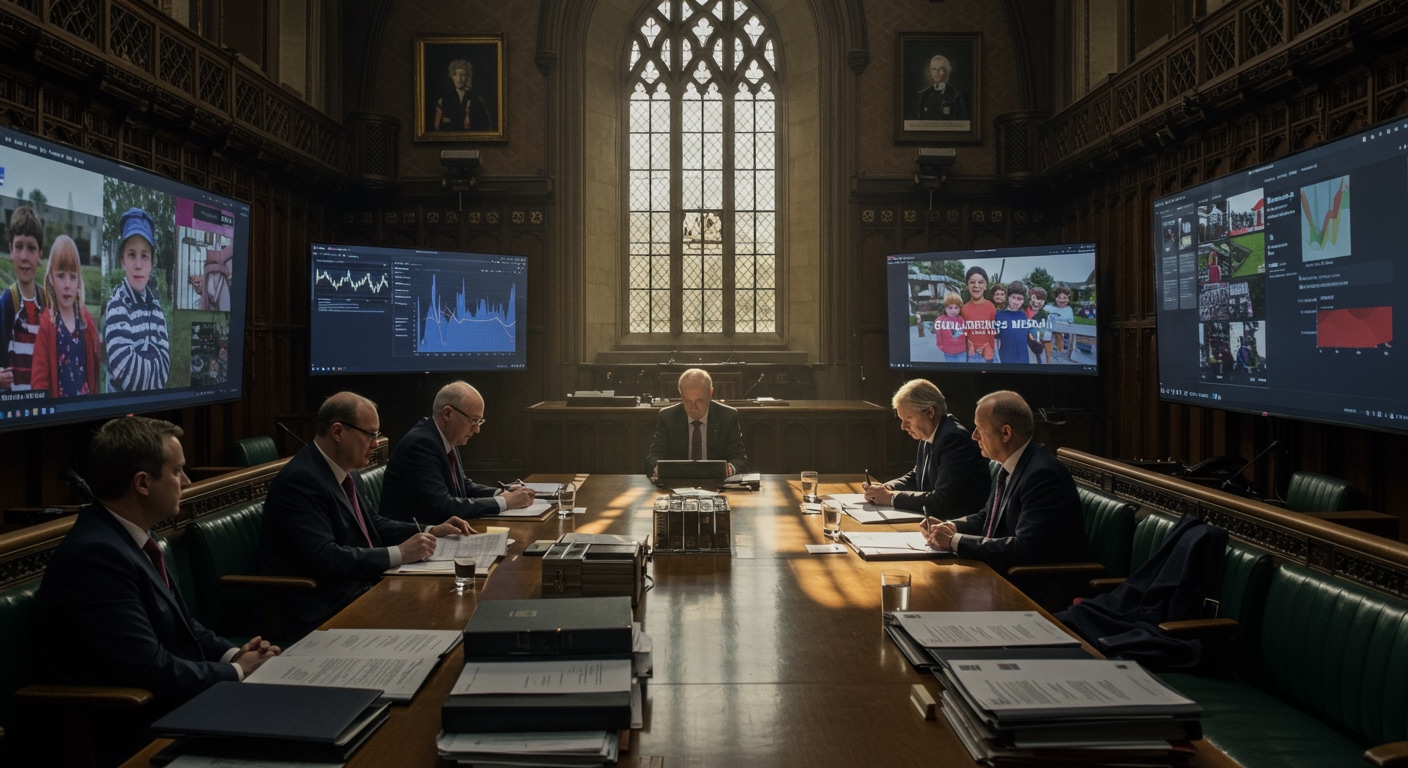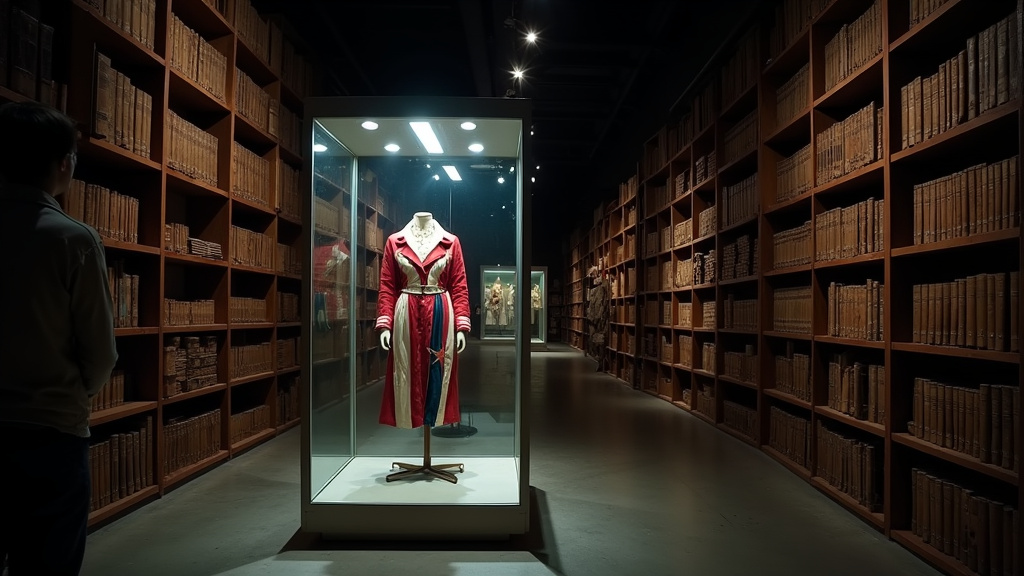UK Parliament Committee Launches Inquiry into Children’s Media Provision
Westminster, UK – A significant parliamentary undertaking has commenced in the United Kingdom, with the Culture, Media and Sport Committee in the UK Parliament officially launching a new inquiry. This investigation is poised to delve into the intricate landscape of media consumption among young audiences, specifically aiming to explore the provision of children’s TV and video content within the UK.
The inquiry signals a heightened level of scrutiny from parliamentarians concerning the content accessible to children in an era defined by rapidly evolving media platforms. As viewing habits shift dramatically from traditional broadcast television towards on-demand services, streaming platforms, and user-generated online video sites, policymakers are increasingly focused on understanding the implications for child welfare, cultural development, and the sustainability of quality content creation.
Understanding the Scope of the Inquiry
The core objective of this new inquiry, as announced by the Culture, Media and Sport Committee, is to meticulously examine how children’s content is currently provided across the myriad platforms available in the UK. This is expected to encompass not only legacy broadcasters but also the burgeoning world of digital providers.
The term “provision” is broad and can include various critical aspects. The committee will likely consider the availability of content – is there enough diverse, age-appropriate, and high-quality material for children of all ages and backgrounds? They may also look at the accessibility of content – is it easily discoverable, affordable, and available on platforms that children actually use? Furthermore, the inquiry could explore the funding models that support the creation and distribution of children’s programming, particularly domestically produced content, which is often seen as vital for reflecting British values and culture.
The Changing Media Landscape
The decision by the Culture, Media and Sport Committee to launch this inquiry comes at a pivotal moment in the media industry. For decades, children’s television in the UK was primarily the domain of public service broadcasters like the BBC and ITV, who had specific remits and obligations regarding content for young viewers. These broadcasters invested heavily in dedicated programming, often adhering to strict advertising rules and content standards.
However, the digital revolution has fundamentally altered this landscape. Children today consume a vast amount of content online, through platforms such as YouTube, Netflix, Disney+, and TikTok. This content varies widely in origin, quality, and regulatory oversight. While some digital platforms are increasingly adopting stricter content moderation policies, the sheer volume and global nature of online video present new challenges compared to the more contained environment of traditional television.
The inquiry will likely seek to understand the balance between traditional and new forms of provision and assess whether the current framework of regulation and support is adequate for the digital age. It raises questions about the future of public service broadcasting for children and the role that global streaming giants and online video platforms should play.
Potential Areas of Focus
While the specific lines of questioning will be determined by the Culture, Media and Sport Committee, based on the stated purpose to “explore the provision,” several key areas are likely candidates for examination:
* Content Quality and Appropriateness: Assessing the standards of content available, including educational value, age suitability, and the representation of diverse perspectives.
* Online Safety: Considering the prevalence of harmful content, advertising practices targeting children, and features on platforms that might pose risks.
* Commercial Influences: Investigating the impact of advertising, product placement, and influencer marketing within children’s content, particularly on online platforms.
* Discoverability: How children find content, and whether algorithms on digital platforms steer them towards certain types of material.
* Funding and Investment: Examining the economic models supporting children’s content creation and whether sufficient investment is being made in high-quality, UK-originated programming.
* Regulatory Framework: Reviewing the effectiveness of existing regulations and considering whether new approaches are needed to address the multi-platform environment.
The Role of the Culture, Media and Sport Committee
Parliamentary select committees, such as the Culture, Media and Sport Committee, play a crucial role in scrutinizing the work of the government and public bodies. They gather evidence from a wide range of stakeholders, including government ministers, regulators (like Ofcom), broadcasters, streaming services, content creators, child safety advocates, academic experts, and potentially even children themselves. This evidence-gathering process typically involves written submissions and public hearings.
The launch of this new inquiry demonstrates the committee’s recognition of the importance and complexity of the children’s media ecosystem. Their findings and recommendations, expected to be published in a report at the conclusion of the inquiry, can influence government policy, regulatory priorities, and industry practices.
Looking Ahead
The Culture, Media and Sport Committee‘s inquiry into the provision of children’s TV and video content within the UK is a timely and important initiative. It reflects the challenges and opportunities presented by the modern media landscape and the need to ensure that children have access to content that is not only entertaining but also safe, enriching, and reflective of their world.
The outcome of this inquiry could have significant implications for broadcasters, digital platforms, content creators, and, most importantly, for the millions of children across the UK who consume media daily. Stakeholders across the industry will be watching closely as the committee undertakes its work to better understand and potentially shape the future of children’s media provision in the digital age.





